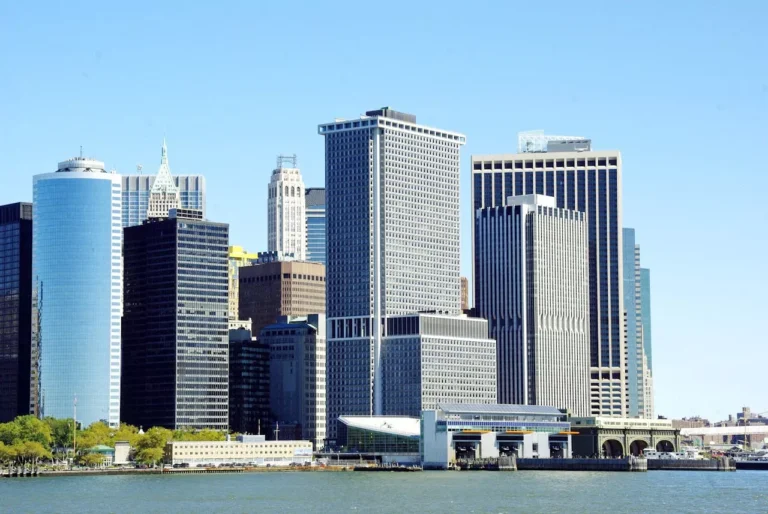
leaders committed to advancing low-carbon cement gathered to celebrate the first commercial installations of Sublime Systems’ innovative technology at One Boston Wharf, Boston’s largest net-zero-carbon office building, completed by WS Development in the Seaport district. Local, state, and federal officials joined executives from union labor and the construction industry to unveil the first sidewalk constructed with low-carbon Sublime Cement™, following its earlier use in the building’s interior concrete lobby.
“In the finest revolutionary traditions of our fair city, we say: a step on our floor made of Sublime Cement™ is a step toward our carbon-free future, and a step heard ’round the world,” stated Yanni Tsipis, WS Development’s SVP of Development.
Additionally, Amazon has leased the entire office space within One Boston Wharf, expanding WS Development’s 33-acre Boston Seaport project to over 1 million square feet. The building is designed to reduce greenhouse gas emissions by more than 90% below code requirements, eliminating 5.1 million pounds of CO2 annually.
Founded in 2020, Sublime Systems is pioneering a “true zero” manufacturing technology that eliminates both mineral and fossil fuel emission sources typical of traditional portland cement. Their electrochemical process operates at near-ambient temperatures, utilizing clean electricity and carbon-free inputs to produce highly engineered cementitious materials.
During the ribbon-cutting event, distinguished speakers emphasized the urgent need for low-carbon cement in the fight against climate change. They discussed how local, state, and federal governments can accelerate this transition, as they collectively consume over 50% of cement in the U.S. Highlights included:
- “Low-carbon cement will help us decarbonize our global economy, starting right here in Massachusetts,” remarked Governor Maura Healey, noting the state’s leadership in innovative solutions.
- Robin Carnahan, Administrator of the U.S. General Services Administration (GSA), emphasized the role of the federal government in driving demand for low-carbon materials.
- U.S. Chief Sustainability Officer Andrew Mayock noted that the Biden-Harris Administration is committed to leveraging federal resources to catalyze change in climate policy.
- Congressman Richard Neal expressed enthusiasm for Sublime’s new manufacturing facility in Holyoke, which is set to receive up to $87 million from the U.S. Department of Energy.
Congresswoman Ayanna Pressley highlighted the importance of centering environmental justice in climate innovation, while Massachusetts Department of Transportation Highway Administrator Jonathan Gulliver praised Sublime as a vital partner in promoting sustainable materials.
City of Boston Mayor Michelle Wu articulated the city’s role in transforming big ideas into reality, thanking various partners in the construction process. Kent Kunkel, VP and General Manager of Turner Boston, emphasized the need for collaborative efforts in sustainable construction.
Jim Carreira, Technical Director at Boston Sand and Gravel, expressed optimism about the future of sustainable concrete in the Boston market. Structural engineering leader Don Davies encouraged attendees to leverage their skills for collective problem-solving.
Ben Beachy from the White House underscored the Department of Energy’s commitment to investing in technologies that significantly reduce cement emissions while creating jobs in affected communities. Emil Ramirez from the United Steelworkers union highlighted the importance of a trained workforce in advancing low-carbon cement technologies.
Dr. Leah Ellis, CEO and Co-Founder of Sublime Systems, stated that the Seaport project is crucial for generating demand and volume, which will facilitate market entry. Sublime has secured partnerships with organizations like Vineyard Wind and Microsoft, as well as investments from leading cement companies to scale up their technology.
Justina Gallegos, Deputy Director of the White House Office of Science and Technology Policy, remarked that Sublime’s story exemplifies the goals of the Biden-Harris Administration’s Inflation Reduction Act, fostering private investment in decarbonization.




